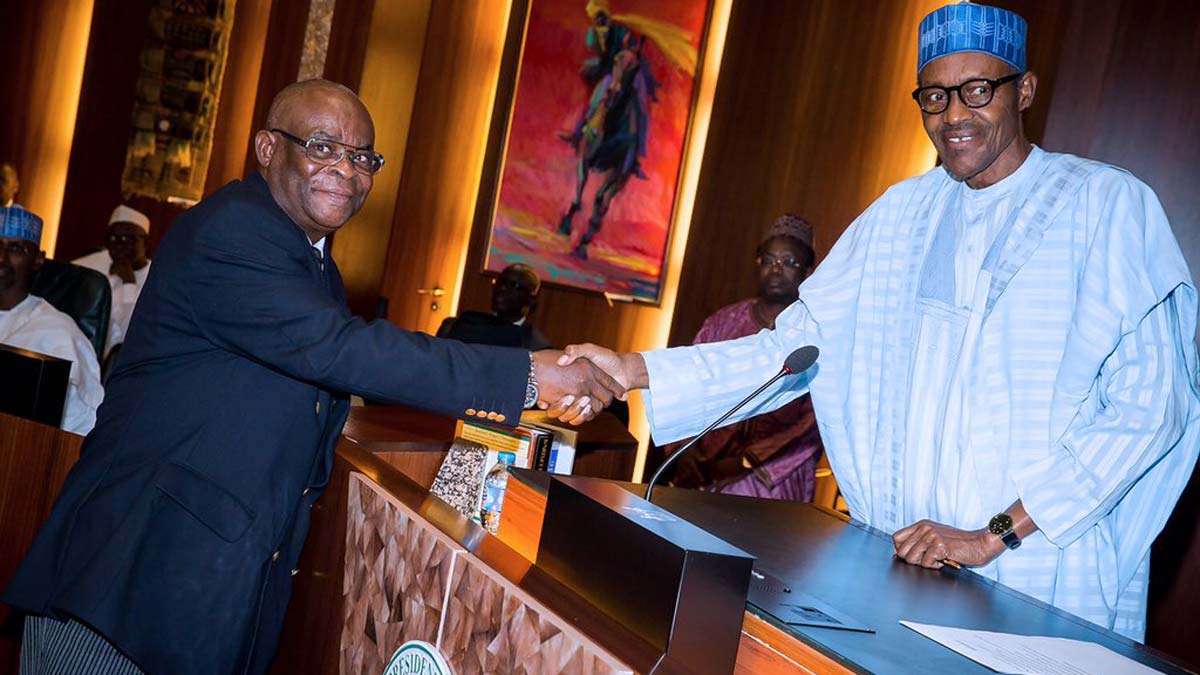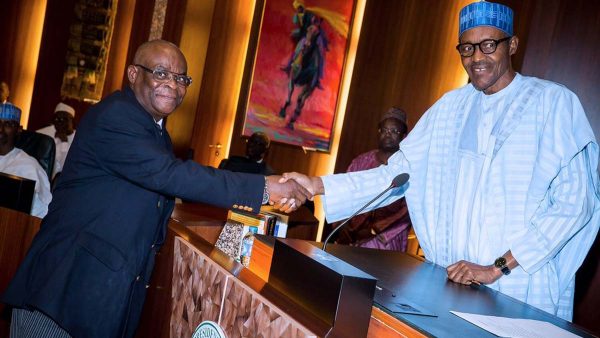
The Guardian Nigeria
It may be said that no two nations run an exactly similar type of government. Based on their political evolution, every country adapts their own system of government. In Nigeria too, you would find that the national government is branched into 3 arms comprising the Executive, Legislative, and Judiciary. These 3 arms are present in most countries operating a modern democracy and they serve partly, aside from their primary functions, as checks and balances on each other.
But many here who should know better are still wont to believe that the Executive branch, led by the Presidency, can control the Legislative and the Judiciary as it wishes. Yes, it seems the Executive branch holds too much influence to be independent of the other two arms, but intrinsically this is not true as the constitution has clearly laid out the principle of Separation of Powers.
But by sheer force of manipulation and exploitation of constitutional loopholes, the Executive, from time to time, harasses the other arms of government and bend them to its whims.
In an unprecedented twist to the ongoing brouhaha concerning the allegations of undeclared asset levelled against the Chief Justice of Nigeria (CJN), Hon. Justice Walter Onnoghen, the President at a council meeting on Friday suspended the CJN and appointed the second highest ranking Supreme Court Justice, Hon. Justice Tanko Mohammed as the Acting Chief Justice of the Federation. All hell has been let loose among citizens who try to comprehend the implication or motif behind such interference and those who believe the President is within his rights to wield the sword of the anti-corruption crusade as far as overstepping his boundaries.
It may not be too early to say that Mr President has by his ill-advised actions, created a constitutional crisis. For instance, once this matter is settled and the President is found wanting constitutionally, all the actions taken in office by the purported Acting CJN, such as the controversial swearing in of the 250 member Election Tribunal Judges, would be a nullity.
Fundamentally, it has been evident that the trial of Walter Onnoghen has been skewed with constitutional breaches from the onset. Due process for the trial of judicial officers, as laid out in the constitution, was not followed in his summons. It would have been a humiliation of the head of the Judiciary and
As it stands, many already point one too many fingers at Mr President having an inordinate bias in the appointment of the CJN. He was known to have initially delayed the substantial appointment of Onnoghen in full capacity as CJN, despite the Senate giving him a go-ahead. Some also believe that the President ideally wanted his kinsman from the North, Tanko Mohammed, as the CJN instead as that could additionally make him safe when the election tribunal starts sitting and petitions (which will definitely ensue from the forthcoming elections) reach the desk of the Supreme Court.
All hands point to the culpability of the presidency hatching and engineering this plot to enforce the President’s wishes alone on the entire nation without regard for the supremacy of the 1999 Constitution.
Tiny pockets of protests have started forming from the mass criticism attracted by this constitutional breach; the National Judicial Council (NJC), which has had the prerogative to have met even before the crisis snowballed into this, will finally be meeting on Monday, 28th January. The National Assembly also will be sitting and debating this current constitutional crisis as well as the biased expediency of Mr President in the matter on Tuesday, the 29th. There must be consequences for these actions.
Nigerians are watching keenly. But in all, knowing what actions are constitutional and which is not constitutional by elected officials is even more expedient as we speak lest we be shortchanged and robbed again of our hard-earned democracy.
Featured image source: The Guardian Nigeria


